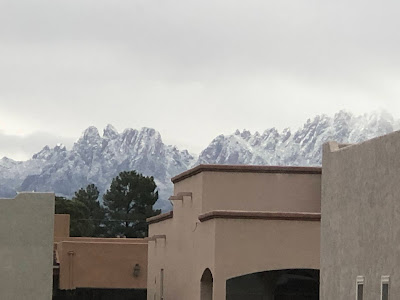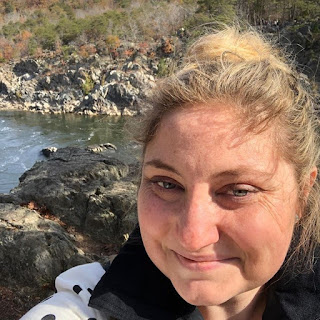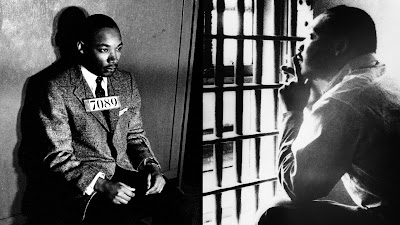I don’t know what is going on with me. Am I in some kind of sequestered delirium? Have I been captured by some kind of pathetic sentimentality?
All I know is that during these pandemic months I have read more, written more, listened to more music, looked at more art, Face Timed more with my kids and grandson, texted and talked on the phone more with my friends, participated with friends far away in worship and study over Zoom and Google Meets, walked more, meditated more, prayed more, had more romantic, home-cooked meals with my wife, Mary.
I have also teared up more out of such a deep feeling of gratitude for all the love and compassion and grace in which I live today, and in which I have walked all of my life.
My first thought is that I am just getting old and have crawled into some kind of sentimental pablum. Maybe I am just a pathetic fool too aware of his frailties and failings, now rolling downhill toward greater pain and suffering and eventually, death. But that doesn’t feel at all accurate.
I think it might be just the opposite. I am overwhelmed to still be alive. My dad died when he was 54 and my mom when she was 49. My older brother died when he was 63. My first wife, Pauline, died when she was 31. She wanted so desperately to live longer, and she didn’t get to. I was the one who got to, and, yes, I dealt for some time with survivor’s guilt.
But just when I thought I would never know joy again, God thrust me into a new life so filled with wonder and opportunity, I can hardly believe I have actually lived it. It seems like a dream, too good to be true.
I don’t even know where to begin in listing all the amazing things I have experienced. Mary, my kids, their spouses and families, my grandson. So many mission-minded congregations filled with wonderful fellow staff members and deeply committed, giving, and loving members. Life-long friends from grade school, high school, college, seminary, and graduate school. Opportunities to travel and teach in Mexico, Central America, and Europe. Working with people dedicated beyond imagination trying to overcome oppression, racism, poverty, violence, war, sexism, depression and the general sense of meaninglessness that is so much a part of our society.
Sometimes we have to lose something in order to find it anew. At first, I lamented not being able to do the things I wanted to do, especially being with my family and friends. I guess we have all been forced to the sidelines in many ways. With that has come certain feelings of loss, and rightly so. But in order to lose something you have to first have it. And sometimes in the losing there is a finding.
What I have found is a new level of gratitude, appreciation, and wonderment. What an amazing creation! What wonderful people! What a fulfilling life, filled with forgiveness, grace, love and hope. Sitting here, alone, I feel anything but alone. I feel surrounded by such love and care, such support and concern for my well-being.
I lift up my eyes to the hills— from where will my help come?
My help comes from the Lord, who made heaven and earth.
He will not let your foot be moved; he who keeps you will not slumber.
He who keeps Israel will neither slumber nor sleep.
The Lord is your keeper; the Lord is your shade at your right hand.
The sun shall not strike you by day, nor the moon by night.
The Lord will keep you from all evil; he will keep your life.
The Lord will keep your going out and your coming in from this time on and forevermore. [Psalm 121; NRSV]











































